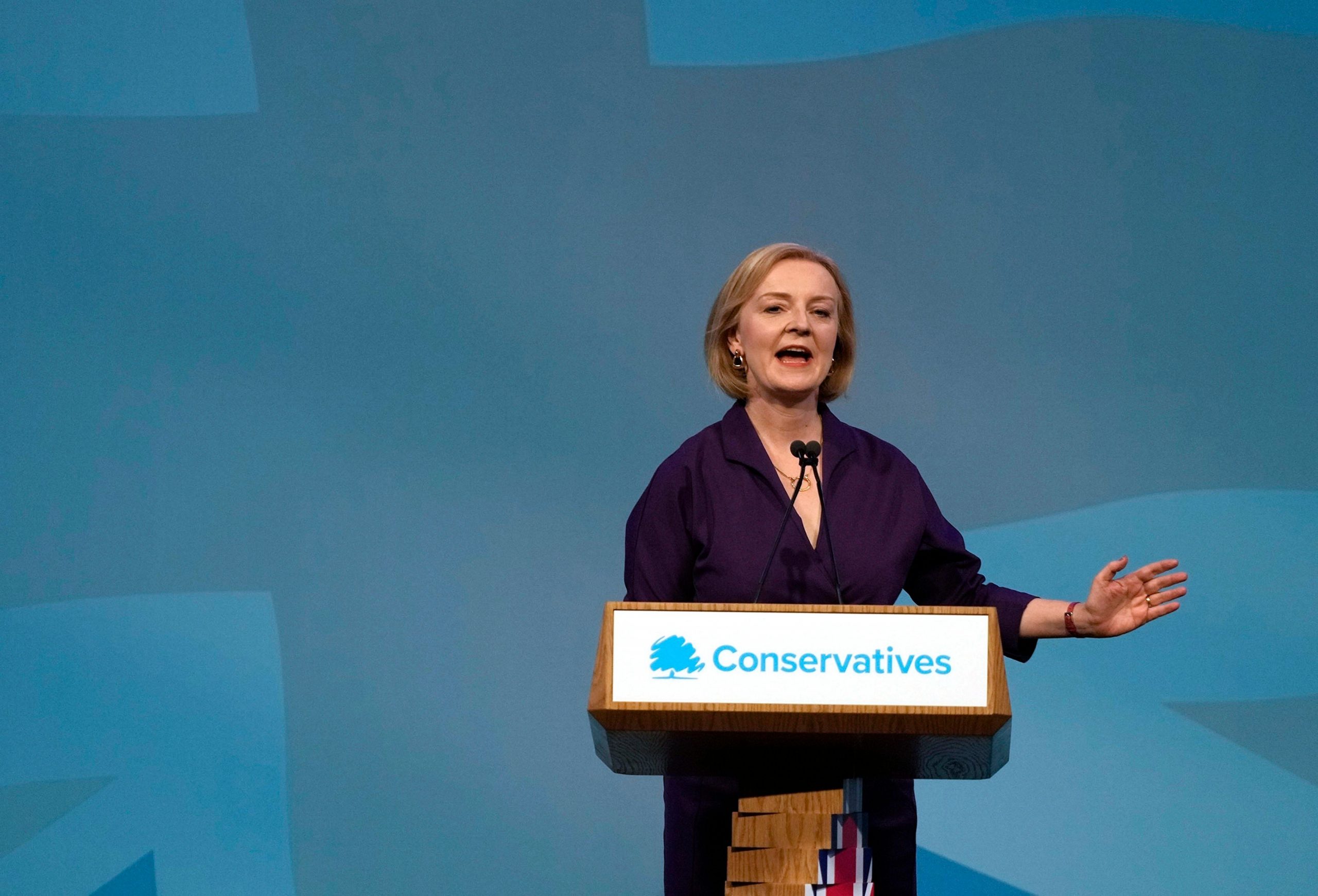In her victory speech after winning the Conservative Party leadership elections, Liz Truss promised that she would “deliver on the energy crisis, dealing with people’s energy bills, but also dealing with the long-term.”
Just prior to the day election results were announced, Truss maintained that she would work to combat the rising cost of living prices, but had not completely ruled out a Labour-proposed freeze on energy bills, according to a report from the Guardian. However, since her election the BBC has reported that Truss’ team has been working on a support package for energy bills for the past few weeks. Truss is set to announce the package on Thursday.
Since the middle of 2021, the UK has been rocked by a sudden hike in the prices of goods and services because of skyrocketing inflation brought on by Brexit in 2020. External factors have contributed to the overall cost of living crisis in the country, such as the COVID-19 pandemic, chip shortages and more.
Leaders within the Conservative Party remain sceptical about a support package being touted by energy companies. Truss has come to be known for her inclination for a lower-tax, lower-regulation economy. Senior Tory MPs have said that her stance could risk fuelling inflation and push interest rates higher, according to a BBC report.
Energy bills were expected to shoot through the roof after the Office of Gas and Electrical Markets raised the price cap of household energy prices by 54% in April 2022 to make the average expenditure £1,971 a year. Barely three months later, towards the end of August the price cap was raised further, this time by 80%, taking the average expenditure to £3,549 a year.
Following Truss’ election, Labour party leader Sir Keir Starmer said there was “no justification for not freezing energy prices,” adding, “There’s a political consensus that needs to happen. She needs to ask the question, how she’s going to pay for that? Labour made it clear, it needs to be a windfall tax on oil and gas companies.”
Also Read | Why Liz Truss will be appointed at Balmoral Castle, not Buckingham Palace
The feasibility of a freeze
While a blanket freeze on energy bills is simple in its approach, the question remains about who will be paying for it in the long term.
Last month, energy companies got together and proposed a £100 billion package to support a government-implemented freeze on bills. The proposal states that over the next two years, the current energy price cap for households will be maintained at £1,971 removing the hike that Ofgem implemented towards the end of August.
While Truss might not be considering the same deal as part of her Thursday announcement, whatever package she announces will cost billions of pounds which will need to be paid back. Ultimately, the onus will likely fall on the shoulders of taxpayers who might either have to pay extra on energy bills in the next decade or see a rise in taxation. Alternatively, the government might borrow more money from lenders.
These are likely to be the options at present since Truss has made it clear that she is not likely to charge energy companies a windfall tax.







